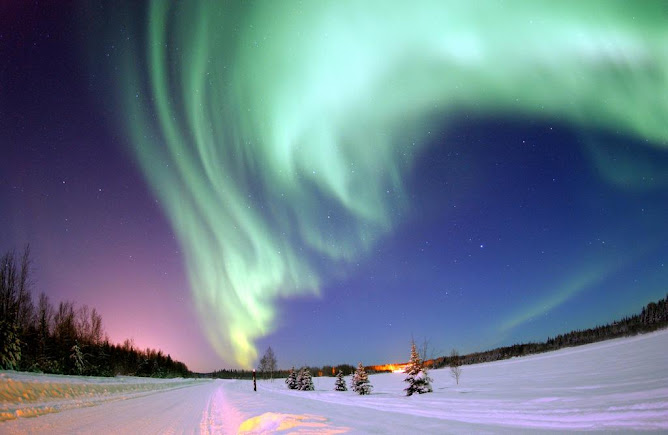On "An Elephant Crackup?" by Charles Siebert
It verified what I already knew which is that animals are a lot smarter than most people give them credit for. This story confirmed that animals, especially elephants do communicate sophisticatedly, have incredible memories and can and will defend themselves when needed. Possibly as smart as humans? Second thing it verified is that there are too many people in the world and we need NOT exploit animals for our entertainment.
On "Origin of the Mind" by Marc Hauser
Marc Hauser has an entirely different point of view. His theory and those he references in his article believes that animals are not as intelligent as humans and that we are further up the evolutionary scale than they. I don't know. In this class we seem to be leaning toward the school of thought that humans are the most intelligent creatures. With the material we've read so far I am starting to have a broader point of view on human intelligence, one of which I had when I was a younger child. That is when I was younger I believed that we are the most intelligent beings, however when I got older and more mature and started believing in the possibility of evolution etc. and watching more nature television I came to discover that animals have incredible intelligence. Now I'm just confused! Who is more intelligent? What is intelligence? Who says so?
On "On Questions of Temperment" Demonic Males by Dale Peterson and Richard Wrangham give damning evidence against men. Whether it is inherent or learned or evolution is anybodies guess. But, Wow, 2 men wrote this? I have to admit more men have made messes of countries in modern days than women. Vote women into office...
On "Are We Born Moral?" by John Gray. He referenced a previous author's observation that primates don't like inequities in food distribution. I suppose in humans greed and generosity depend on your family size. Primates live in huge extended "family" units. I grew up with 6 brothers and sisters. We were expected by our parents et el to share. Furthermore sometimes you'd get your brains beat in if you didn't!
So, what am I learning? I'm not sure really. I thought I was well rounded but I am introduced to lots of new thoughts and I feel a bit lost, more so than in any other schooling environment. Bill Thompson.

Save your responses in a WORD doc, run it through spell check, 250-350 words approximately. Focus on YOUR thoughts and ideas that came to mind when you were reading, the possibilities are endless! Plus, be sure to always end your messages with your first name and last initial.
What is everyone writing about?
Are We Born Moral
(6)
Colombo
(12)
Demonic Males
(3)
dog's umvelt
(7)
Elephant Crackup
(6)
evolution
(10)
Freire
(12)
Gatto
(29)
Grr Sniff Arf
(4)
Hauser
(3)
Inside of a Dog
(5)
Le Guin
(13)
Plato
(5)
Professor Roger's Trial
(1)
Zimmer
(2)
Thursday, October 22, 2009
Subscribe to:
Post Comments (Atom)
Bill:
ReplyDeleteThank you for engaging some of the more interesting articles. I don't think many would argue with Hauser's position that humans are capable of kinds of thinking for which we find little evidence so far in other species. We need to be humble in our claims to understand how thinking happens in other species. One of the reasons I included the elephant article was to emphasize that we have been somewhat myopic in grasping the complexity of the elephant societies. I think we'll eventually (I hope) come to appreciate very different mental modes in cetaceans (whales and dolphins and such), higher primates and even the 'smart' birds such as parrots. In the realm of thinking that we occupy (see Hauser) I think we're in a whole different league. Now that's only "progress" because we choose to attach value to performance at these kinds of tasks.